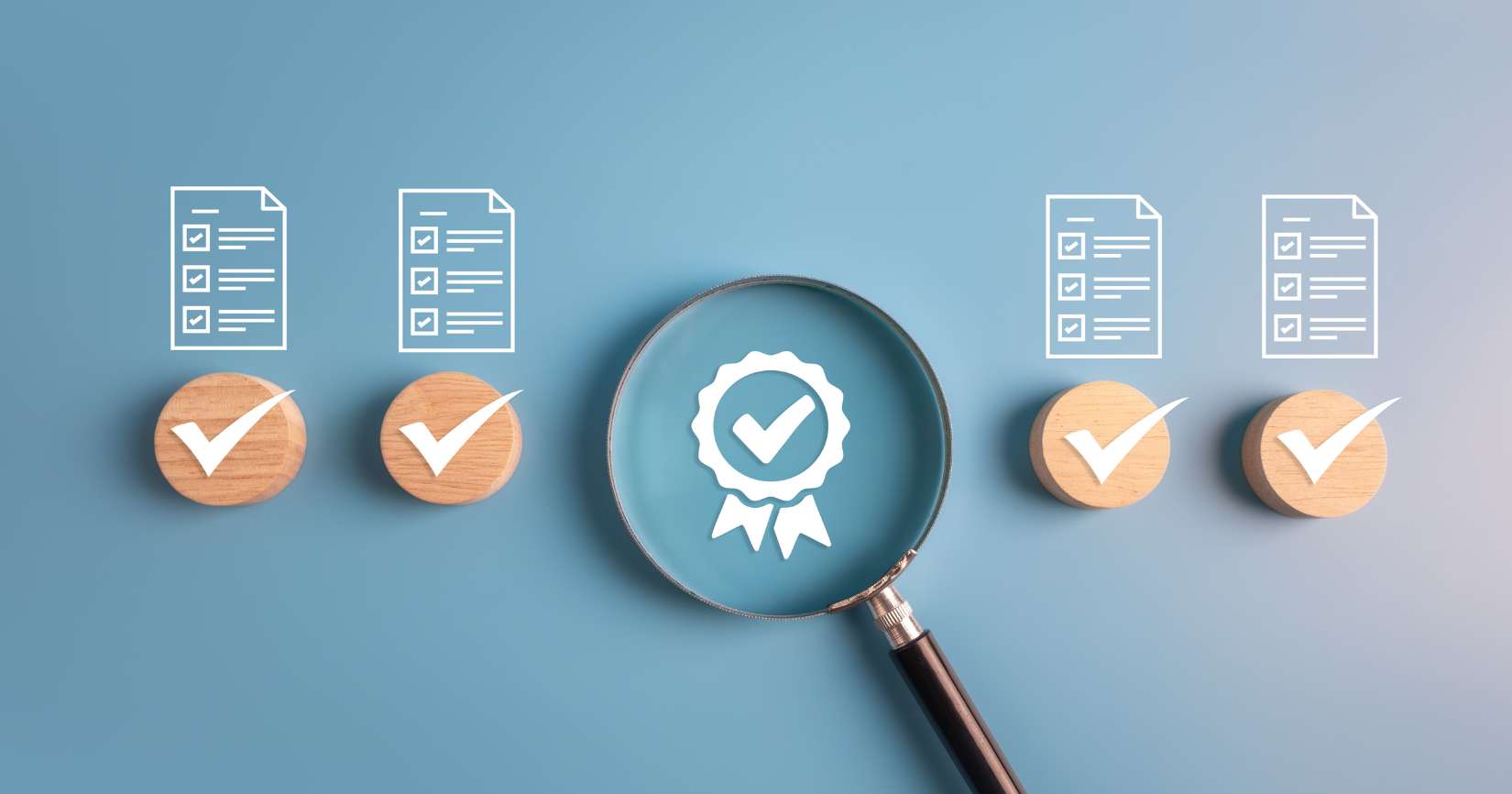
It’s a new year and time to evaluate your business and its progress. For all business owners, an evaluation of the business can provide insights into how the business is performing and if it’s the right time to scale. If you believe that it’s time to scale, you need to know how you are going to scale your business.
Scaling a business is not just about making things bigger but also about putting into place processes to enable and support growth within your company. Scaling is the ability of your business to grow without any hindrances.
A good business owner knows scaling requires planning, funding, proper systems, staff, processes, technology and partners. The point of scaling is to ensure revenue increasingly outpaces the costs of the company.
This article will take you through what is needed when you are ready to scale your business.
What Makes a Company Scalable?
A scalable business is one that focuses on the implementation of processes that lead to an efficient business. The structure and workflow of the business allows for scaling.
A company that is scalable has an established group of leaders including C-level executives, investors and advisors. Having C-suite executives helps provide strategy and direction for successful growth.
Another element of a scalable business is that they have consistent brand messaging across their departments and business locations. Not having brand enforcement can cause companies to lose sight of their core value, decreasing overall scalability.
Lastly, a scalable business is one that has effective tools for measurement. These tools help assess and manage the business at each level.
Types of Scaling in Business
There are four different types of scaling in business: bootstrapping, slow scaling, fast scaling and blitz-scaling.
Bootstrapping
Bootstrapping is an approach to scaling that gives priority to organic growth using the internal means of the company. This type of scaling is usually low or moderately paced because it depends on your products, how creative your marketing is and if your business solutions are scalable. An example of this is a Software as a Service (SaaS) company.
The benefits of bootstrapping include:
- Requires no external capital.
- Provides a greater focus on the customer and customer experience.
- Increased founder freedom.
- No external pressure from stakeholders or external entities.
Slow Scaling
Slow scaling is when a company decides to take on external financing to supplement customer growth. This financing will come in the form of loans. A slow scaling company usually has fundamentals and uses external financing for strategic reasons, as opposed to purely for growth.
Benefits of slow scaling:
- Slow scaling allows for greater focus on efficiency.
- Allows you to keep a good balance between growth and customer retention.
- Allows for smarter decision-making because there is more time.
Fast Scaling
Fast scaling is the most common way to scale among venture-backed companies. This type of scaling is needed for venture-backed companies to ensure that this rapid growth is executed smoothly and utilised to the fullest extent.
Benefits of fast scaling:
- Fast scaling provides entrepreneurial growth because you need to plan properly.
- Companies that choose to fast scale will have an added advantage over their competition.
- Fast scaling allows you to increase production while keeping costs down.
Blitz-scaling
Blitz-scaling refers to companies that scale quickly in a short period of time. This scaling method prioritises speed over efficiency especially when operating under uncertain conditions. This method is most common in technology companies who scale and innovate quickly under uncertain environments.
Benefits of blitz-scaling:
- Provides your business with fast growth which ultimately fulfills the aim of the business.
- Can help you create a larger impact or legacy.
- Scaling rapidly can help you create or monopolise your own market before your competitors.
You will know which type of scaling fits your business by evaluating your business’ performance and industry. In industries such as tech (social media and tech applications), scaling faster is suitable.
In comparison, more traditional industries such as mining and manufacturing might need a more calculated and slower scaling process.
How to Scale Your Business in 2025
You probably know what type of scaling fits your business, now is time to give you some steps to follow when scaling your business.
Step 1: Define Your Company Goals
Defining your company goals is a very important step, hence why it’s the first step. You need to know what your business model is, set your growth goals (measurable, specific and actionable), break down the goals and ensure that your goals are achievable.
Step 2: Analyse Your Current Company Processes
You need to have clear and defined processes in place within every department of your business. More importantly, you need to have set processes in place for the business as a whole.
If you do not have efficient processes in place, start with the following:
- Identify core processes and essential systems such as sales, marketing and operations.
- Map the workflow of every system in your company. Break them down into detailed steps to help you spot any redundancies.
- Collect data on things such as task time, cost and results of each step in your processes.
- Ask your employees and fellow stakeholders about what needs to be improved for ultimate efficiency.
- Prioritise any fixes that need to be done. This will reduce time spent on fixing issues and improve return on investment.
Step 3: Identify Signs that You are Ready to Scale
Here are some signs which can show your business is ready for scaling:
- Your product solves a real problem and is well-received in the market (consistent sales).
- Your business operations are efficient and can handle double the volume.
- You have pinpointed your ideal target market, and they are responding well to your product.
- Your revenue is growing, and your costs remain low, indicating that your business model is ready for scaling.
If your business aligns with all these points, you are ready for scaling.
Step 4: Leverage Technology for Automation and Efficiency
No matter what industry you are in, you need to leverage technology to streamline your business operations and boost growth. Implement systems and applications which allow for automation of repetitive tasks and can provide data-driven insights into your business.
Step 5: Assess and Expand Your Team
Before you scale, you need to ensure that your current team has the necessary skills and knowledge. Additionally, you need to look at their workload, performance and the possibility of bringing in more staff with specialised skills.
Step 6: Optimise Your Marketing Strategies
When scaling, you will need to expand your target market and thus your marketing strategies. Make sure you understand the new market conditions you will be entering and the market demand.
Understanding your market and its demands will also help you develop a more customer-centric approach. This approach helps you retain your current customers, get new ones and provide comprehensive customer support.
Step 7: Prepare Financially for Growth
Scaling does require a robust financial plan. Make sure you have the following in place:
- Accurate financial projections.
- Evaluate your financial management systems to ensure they are scalable.
- Assess what funding needs you have.
- Prepare for any large investments.
- Explore all funding options you have and build strategic partnerships for future growth.
By following these steps, you can be on your way to scaling your business. Make sure you are ready for scaling not just business-wise but also in a personal capacity. Scaling requires a lot of time, investment and energy so you need to be ready to go the distance.
For more information on how to scale your business, visit SME South Africa’s article to explore growth options. To speak to someone with experience in growing a business, visit SME Advice to speak to one of our experts.






